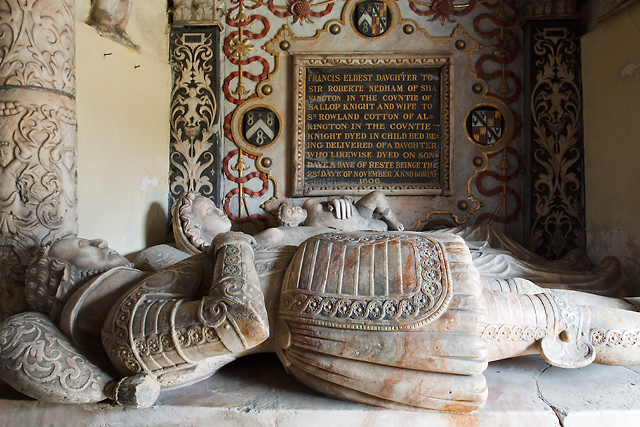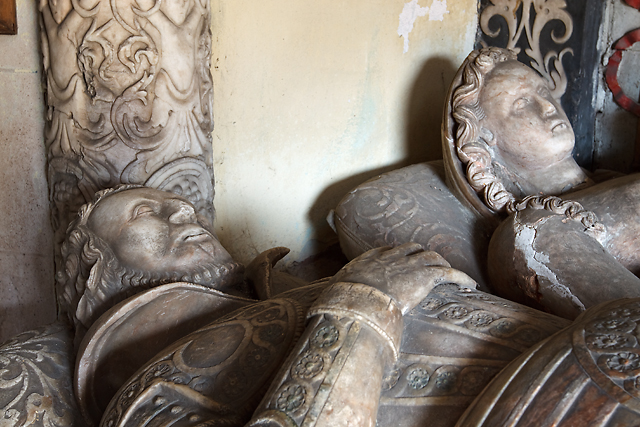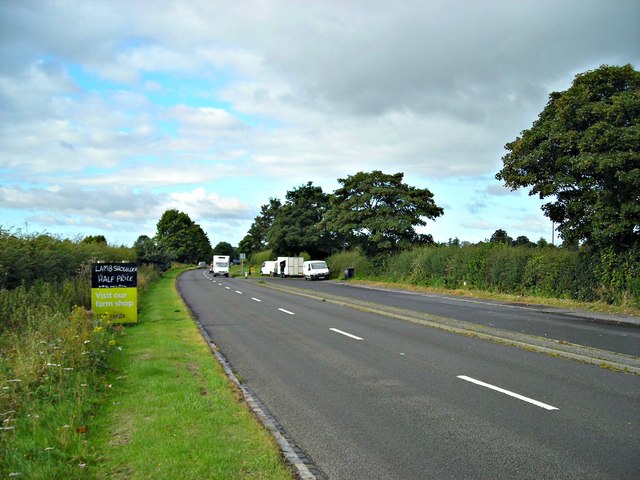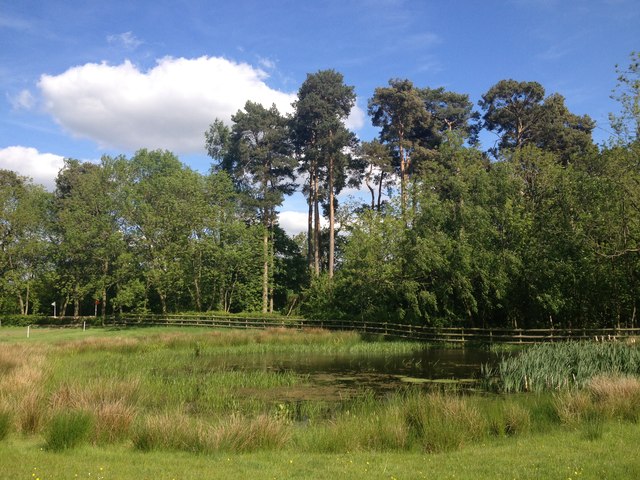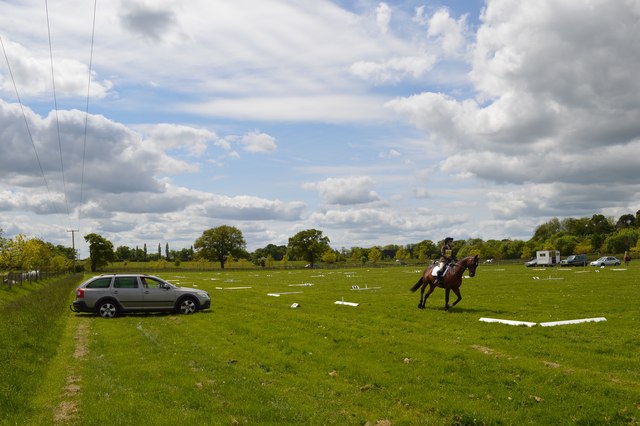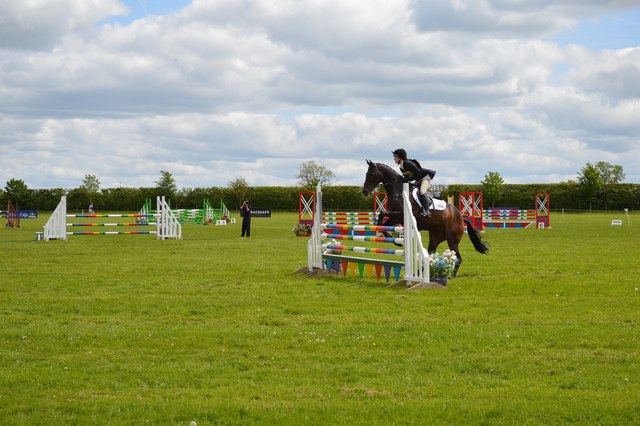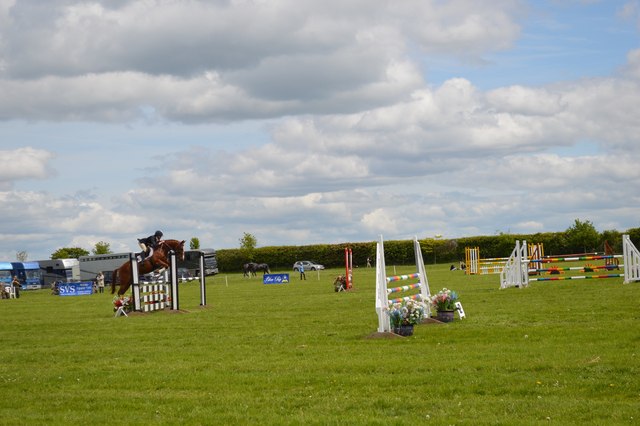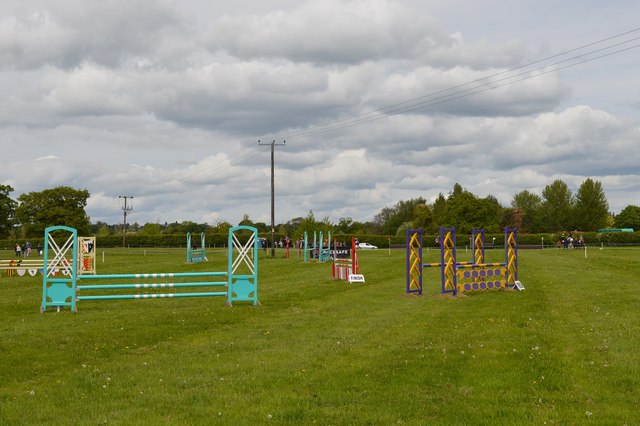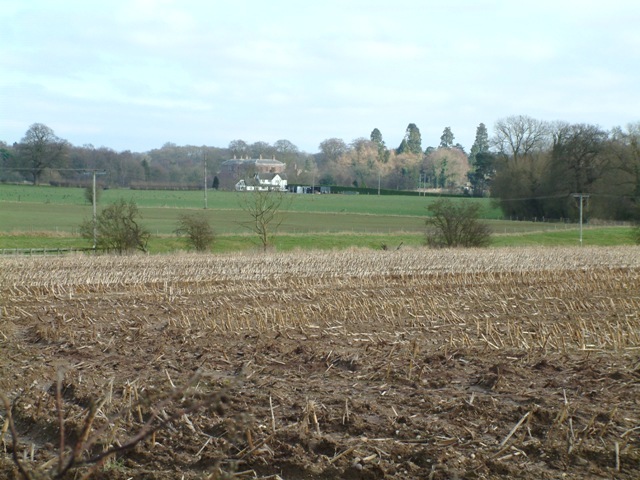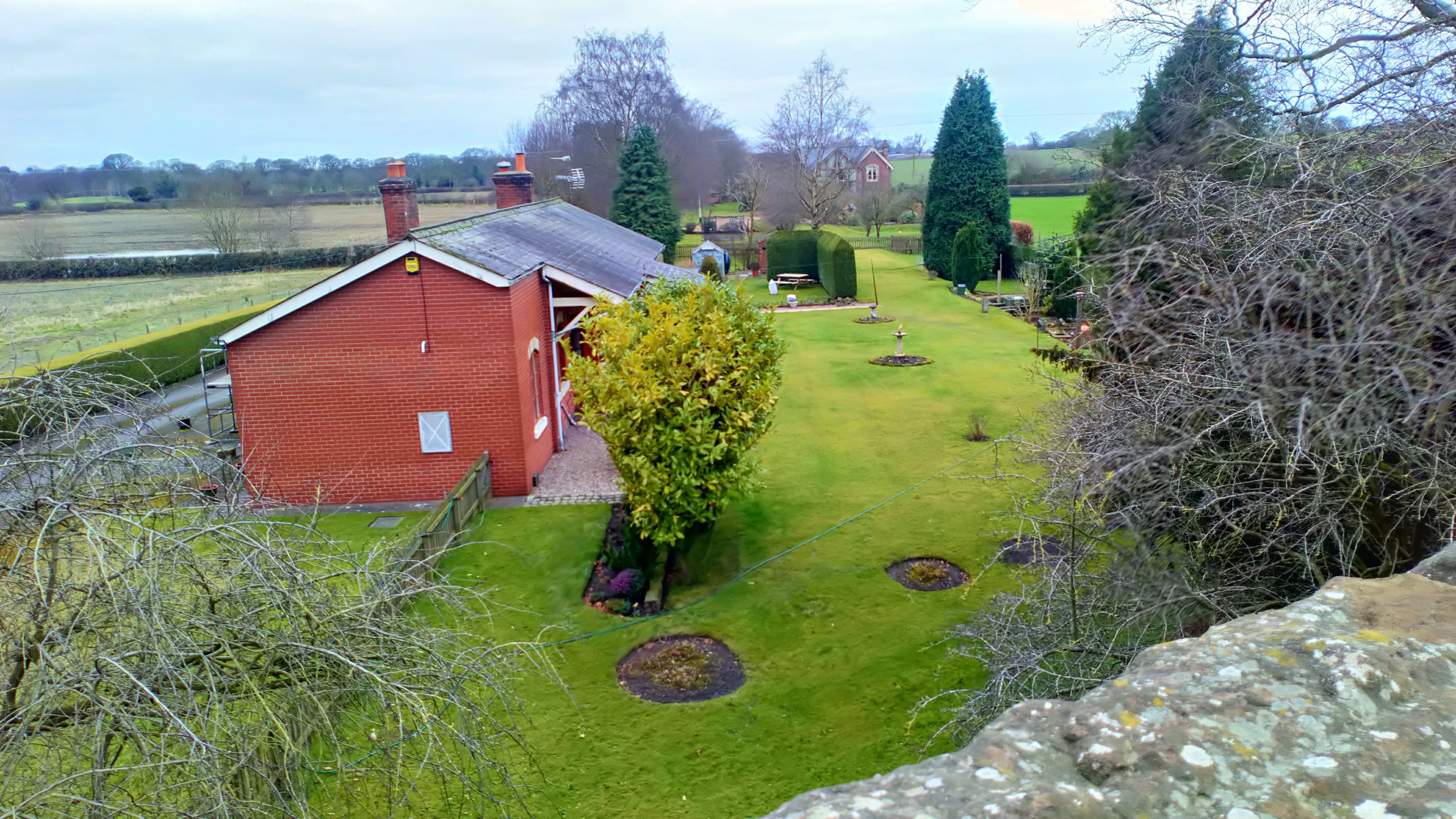Betton Wood
Wood, Forest in Shropshire
England
Betton Wood
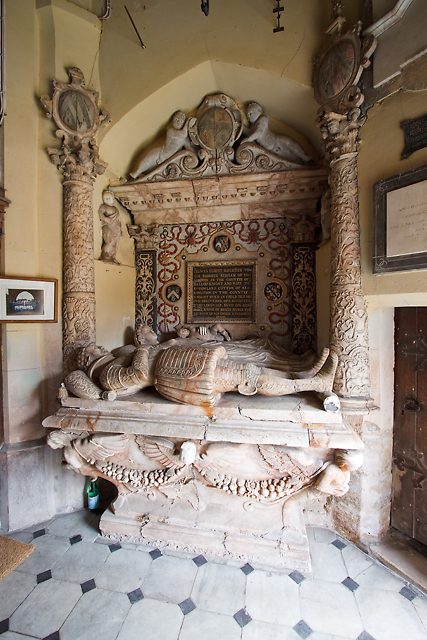
Betton Wood is a picturesque woodland located in the county of Shropshire, England. Situated near the village of Betton, the wood covers an area of approximately 100 acres and is a popular destination for nature enthusiasts and walkers alike.
The woodland is predominantly composed of native British trees, including oak, ash, beech, and birch. These trees create a dense canopy that provides shade and shelter for a variety of wildlife species. Visitors to Betton Wood can often spot woodland birds such as robins, blue tits, and woodpeckers, as well as small mammals like squirrels and hedgehogs.
One of the notable features of Betton Wood is the presence of a small stream that meanders through the forest. The stream adds to the tranquility of the surroundings and provides a habitat for various aquatic animals and plants. During the spring and summer months, the forest floor becomes a carpet of wildflowers, including bluebells, primroses, and wood anemones, creating a vibrant and colorful display.
The wood offers several well-maintained walking trails, allowing visitors to explore its natural beauty at their own pace. These trails vary in difficulty, catering to both casual strollers and more experienced hikers. Additionally, there are designated picnic areas and benches scattered throughout the woodland, providing a perfect spot for visitors to rest and enjoy the peaceful surroundings.
Overall, Betton Wood is a delightful destination for those seeking a peaceful retreat in the heart of nature. Its diverse flora and fauna, combined with its well-maintained trails, make it an ideal location for individuals and families to immerse themselves in the beauty of Shropshire's countryside.
If you have any feedback on the listing, please let us know in the comments section below.
Betton Wood Images
Images are sourced within 2km of 52.929696/-2.4474368 or Grid Reference SJ7037. Thanks to Geograph Open Source API. All images are credited.

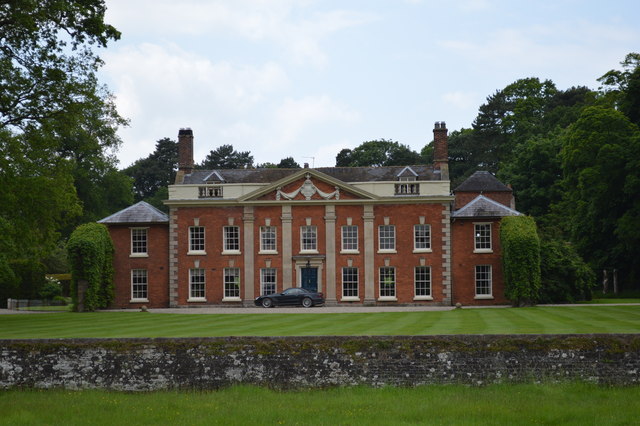
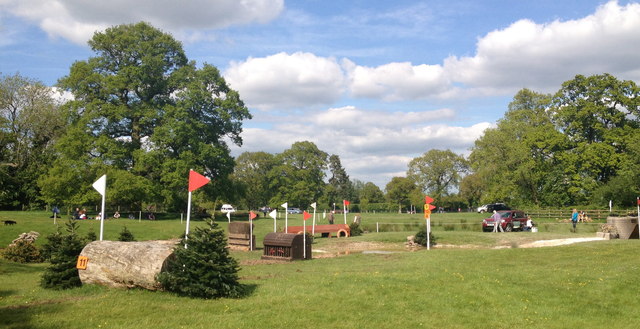
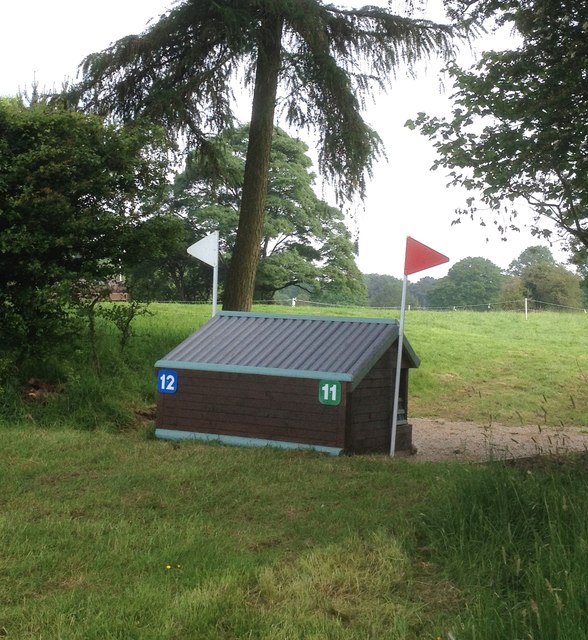
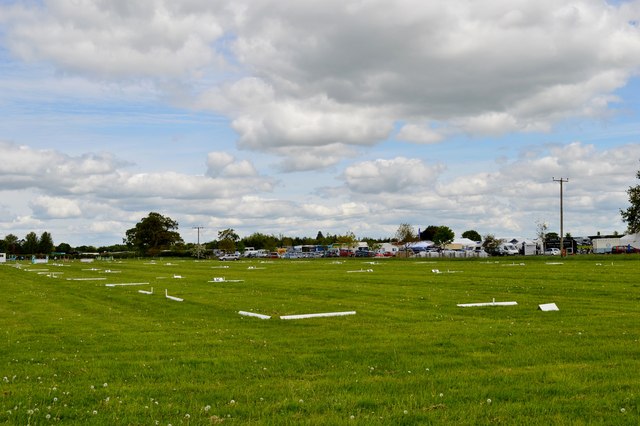
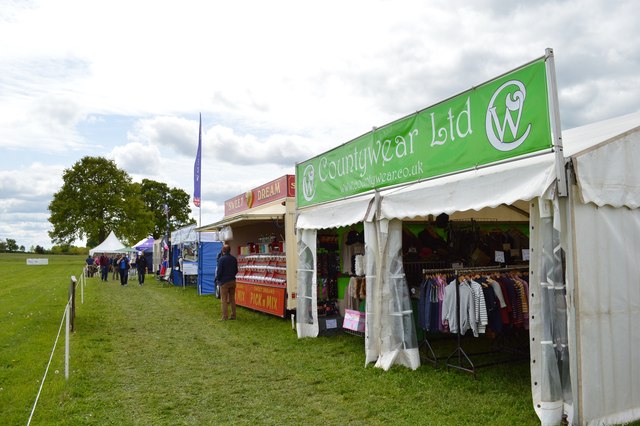
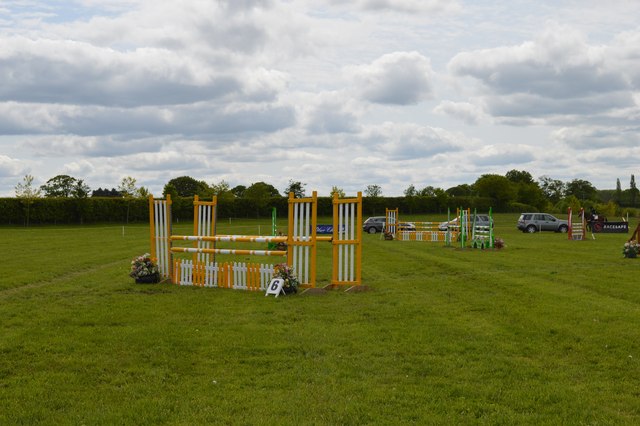
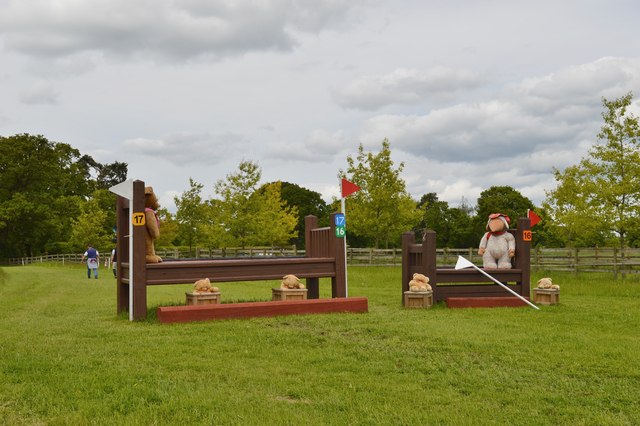

Betton Wood is located at Grid Ref: SJ7037 (Lat: 52.929696, Lng: -2.4474368)
Unitary Authority: Shropshire
Police Authority: West Mercia
What 3 Words
///handlebar.boxing.panning. Near Market Drayton, Shropshire
Related Wikis
Oakley Hall, Staffordshire
Oakley Hall is an early 18th century 14,929 sf mansion house at Mucklestone, Staffordshire near to the Shropshire town of Market Drayton. It is a Grade...
Betton, Shropshire
Betton is a hamlet in the civil parish of Norton in Hales, in the Shropshire district, in the county of Shropshire, England.
Oakley, Staffordshire
Oakley is a hamlet in Staffordshire, England. It is within Mucklestone ward of Loggerheads Parish. Oakley Hall, a former seat of the Chetwode family, is...
Norton in Hales
Norton in Hales is a village and parish in Shropshire, England. It lies on the A53 between the town of Market Drayton and Woore, Shropshire's most northeasterly...
Norton-in-Hales railway station
Norton-in-Hales railway station was a station on the North Staffordshire Railway between Stoke-on-Trent and Market Drayton. The station was opened in 1870...
Ridgwardine
Ridgwardine is a small hamlet in Shropshire in the civil parish of Norton in Hales. It is made up of Ridgwardine Manor, Upper Farm, and Manor Farm. �...
Audley's Cross
Audley's Cross is a cross sited in Blore Heath, Staffordshire to mark the spot on which James Touchet, Lord Audley was killed at the battle of Blore Heath...
Battle of Blore Heath
The Battle of Blore Heath was a battle in the English Wars of the Roses that was fought on 23 September 1459, at Blore Heath, Staffordshire. Blore Heath...
Nearby Amenities
Located within 500m of 52.929696,-2.4474368Have you been to Betton Wood?
Leave your review of Betton Wood below (or comments, questions and feedback).
